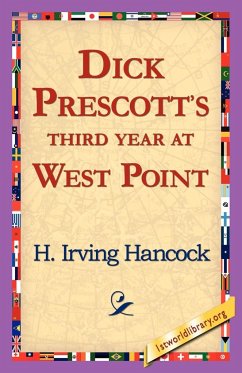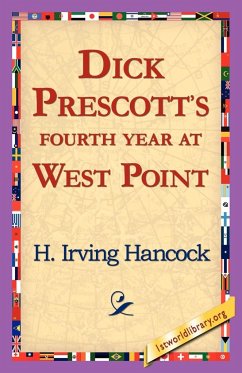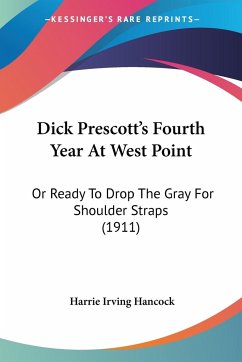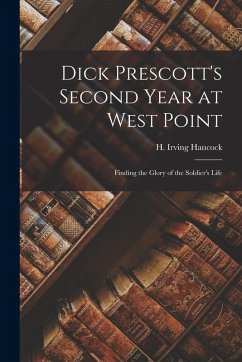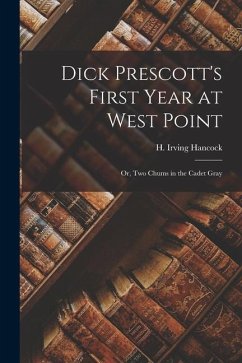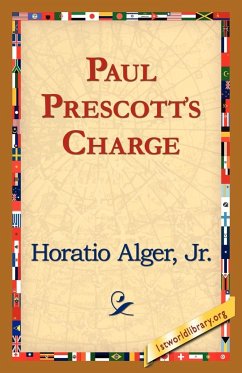
Dick Prescott's Second Year at West Point
Versandkostenfrei!
Versandfertig in 1-2 Wochen
16,99 €
inkl. MwSt.

PAYBACK Punkte
8 °P sammeln!
Leaving the road that wound by the officers' quarters at the north end, turning on to the road that passed the hotel, a hot, somewhat tired and rather dusty column of cadets swung along towards their tents in the distance. The column was under arms, as though the cadets had been engaged in target practice or out on a reconnaissance. The young men wore russet shoes, gray trousers and leggings, gray flannel shirts and soft campaign hats. Their appearance was not that of soldiers on parade, but of the grim toilers and fighters who serve in the field. Their work that morning had, in fact, been str...
Leaving the road that wound by the officers' quarters at the north end, turning on to the road that passed the hotel, a hot, somewhat tired and rather dusty column of cadets swung along towards their tents in the distance. The column was under arms, as though the cadets had been engaged in target practice or out on a reconnaissance. The young men wore russet shoes, gray trousers and leggings, gray flannel shirts and soft campaign hats. Their appearance was not that of soldiers on parade, but of the grim toilers and fighters who serve in the field. Their work that morning had, in fact, been strictly in line with labor, for the young men, under Captain McAneny, had been engaged in the study of field fortifications. To be more exact, the young men had been digging military trenches - yes - digging them, for at West Point hard labor is not beneath the cadet's dignity.



